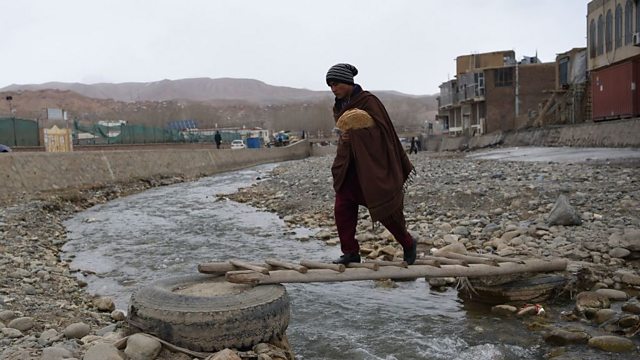Afghanistan: What do Taliban gains mean for ethnic minority groups?
Groups like the Hazara, who practise the Shia form of Islam, fear they are targets for Taliban retribution.
NATO's 20-year military mission in Afghanistan has all but ended but violence in the country continues to rise. with the Taliban making rapid territorial gains. Some intelligence sources have predicted that Kabul may fall to the Taliban within six months of the US withdrawal. US Army General Austin Scott Miller, the top US military official overseeing the withdrawal, told American media this week that the Taliban's rapid and unchecked expansion may crush the hopes and the will of the Afghan people to fight.
The Taliban's advance is spreading fear across Afghanistan. The Hazara ethnic group in particular fears the Taliban. They're the third largest ethnic group, making up about 10% of the population, but because they practise the Shia form of Islam, are particular targets for Taliban retribution.
Wazhma Frogh is a human rights activist and founder of Women and Peace Studies Organisation in Afghanistan, and she explains what the Taliban advance means for ethnic minority groups.
Photo: A Hazara man carries bread across a makeshift bridge in Bamiyan province
Credit: Getty Images
Duration:
This clip is from
More clips from Newsday
-
![]()
'I immediately called my mother, I told her that I was alive'
Duration: 02:21
-
![]()
'People on both sides have suffered enough'
Duration: 04:44






